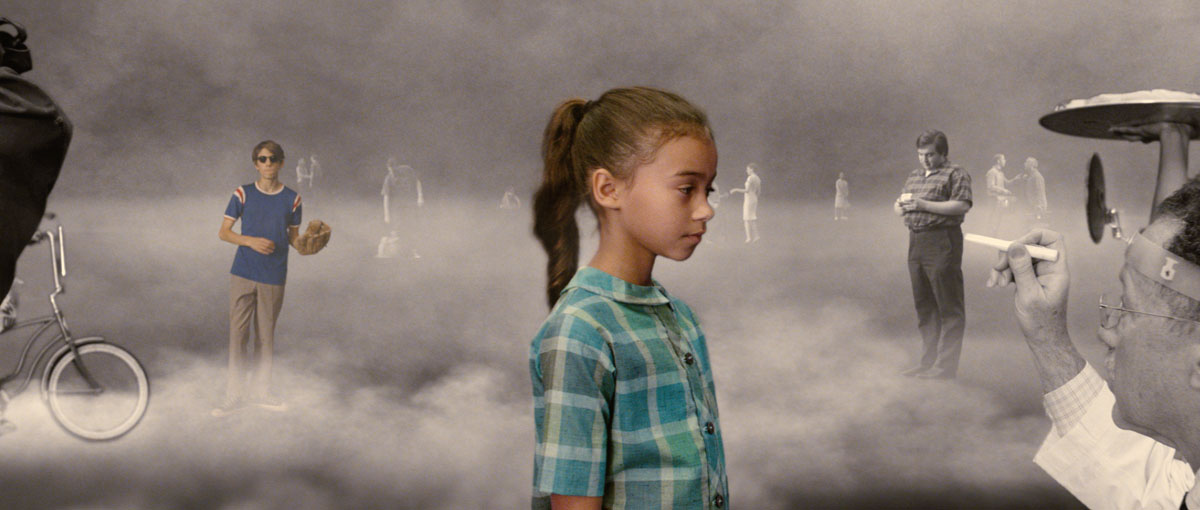
I think Mitchell Kutney is missing something.
He's bang on with most of his commentary, though. All sorts of players have latched on to the notion of social enterprise: to put a fresh coat of paint on outdated brands, justify a reduction in charitable investments (there's people who do that for money now) and where government is concerned as justification to reduce crippling levels of social service spending.
Then again, it's becoming increasingly clear that there is a lot of duplication, gaps and overlaps within existing NFPs and fewer metrics to prove what is and isn't working than you'd think. We're not moving forward, we're treading water. Government, meanwhile, is looking down the road at fiscal deficits, infrastructure deficits and a rising tide of health and social service costs and realizing it is in no way up to the challenges that lay before us.
The system we have now isn't working. Continuing to do things the same way is not a viable option.
So what do we do now?
It's all very daunting. Perhaps counter-intuitively, the recognition of this reality is partly behind the growth of the Open Government movement. Stated or not, the theory is that if you create more opportunity for common folk to get engaged and have their say - broaden the conversation, if you will - there will be new ideas, yes, but more people on the hook when things go wrong.
The people in charge, however, either feel confident or realize they need to look confident so as not rattle investors/voters; after all that's in no small part how they got to be leaders. These folk aren't going to come out and say "I have no idea what to do next" even if they realize that's the case - and far too many of them don't. They figure what worked before will work again, we just need to return to a romanticized, simpler past.

The concept of social enterprise as it's understood now might have led to a moving of the accountability deck chairs, but the problem is fundamentally the same as it was prior to 2008 - our societal model is completely inadequate to manage today's realities in sustainable fashion.
We live on a burning platform; some of us are even adding fuel to the flames.
If we can't solve problems by using the same kind of thinking we used when we created them, what do we do now?
Enter the people I think of when my minds turn towards social entrepreneurship.
These folk are more than just the why - there are lots of people in various fields who actually do care about the public good in one aspect or another. Money's not a motivator for them, but a necessity to be managed, like food or sleep.
What gets these people up in the morning is the burning desire to fix the structural problems they see in the world. It drives them nuts seeing should-be leaders constantly driving society into the ditch, not planning ahead and not employing practices like behavioural economics or design thinking to make the system work better. These entrepreneurs aren't disillusioned with today's institutions so much as they're disappointed more people aren't proactively trying to reconfigure them.
The folk I have in mind are literally frightening in their cognitive capacity; they're the trained athletes at a charity run, processing information and aligning different fields and churning out meta-solutions at a super-human rate. To talk with them is exhausting; they think in maps, not symbols - they're outside The Cave.
They are this generations Polymaths or Renaissance Men (and women) - call them Multi-Disciplinary Specialists, because they are experts in several fields all at once. Increasingly, they're realizing that today's leaders simply aren't up to the structural challenges we face; as such, they're organizing to tackle the solutions themselves.
According to the accepted definition, these people are social entrepreneurs, though the ones I know don't really care about the label. Sorting out who should be responsible for fixing the system is a waste of time; they're just going to do it.
As is the case with any organism, external challenges don't spark adaptation - they cull those who don't fit an evolving world.
It takes something else to catalyze change.
We have to stop looking for some kind of external cure-all, a panacea; it doesn't exist. We also need to take a fresh look at the lateral thinkers, the social disrupters in our midst. To paraphrase one change agent - we keep trying to cure them, but perhaps they are the cure.


thnx for the information..
ReplyDeleteblog is really gud,Help my india is the World Best Forum and Blogging Site which provides the all category of forum and blogging and Social Community site.
Social Communities